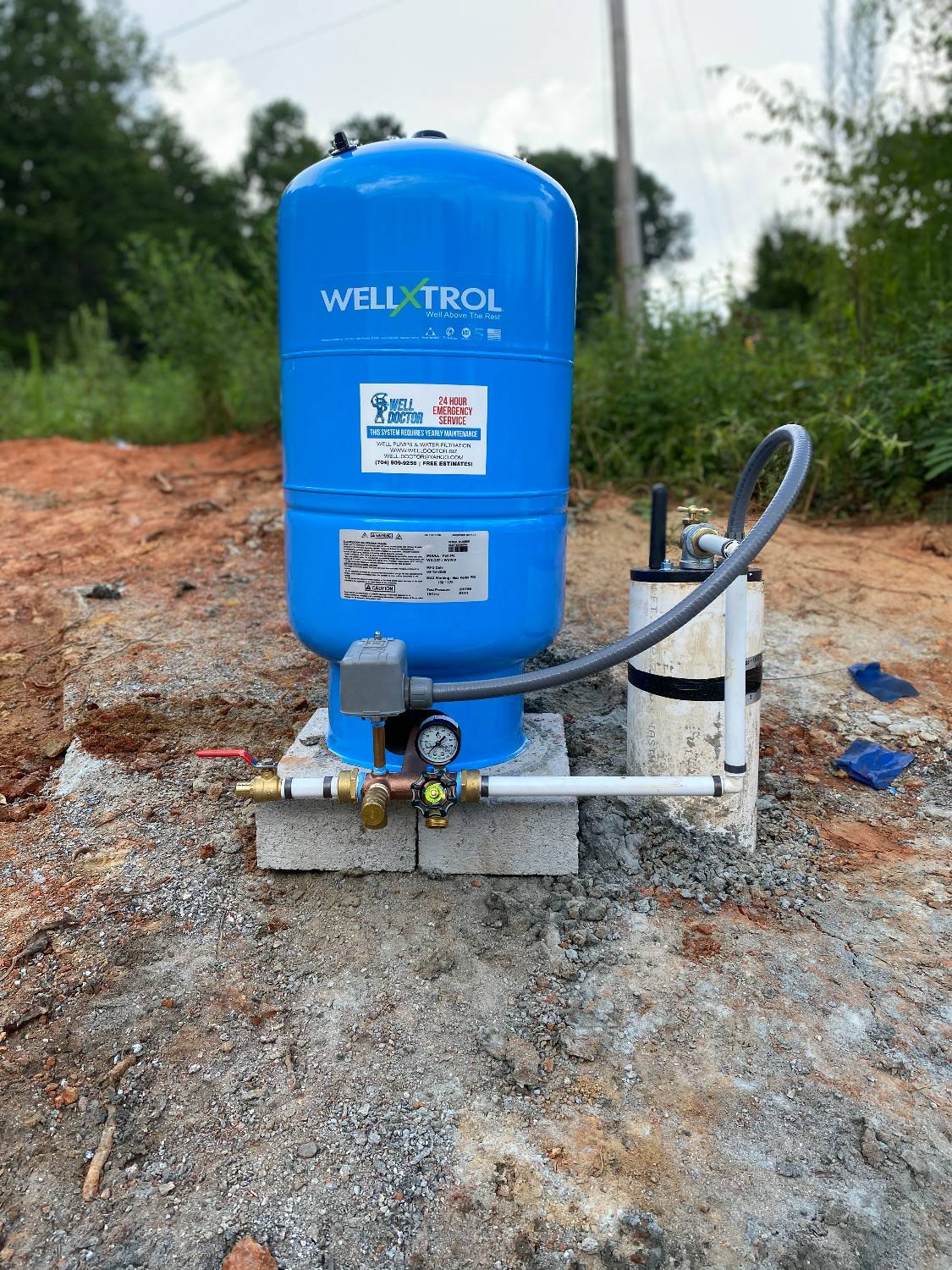When the temperature drops, your well pump is at risk of freezing, which can leave you without water when you need it most. The good news? Preventing this problem is easier than you might think. With a few simple precautions and a little prep work, you can keep your well pump safe from the chill and running smoothly all season long. Whether it’s insulating pipes, sealing off drafts, or taking extra steps during a cold snap, we’ve got you covered.
Let’s dive into some practical tips to protect your well pump and save yourself the hassle of costly repairs or an inconvenient freeze-up. It’s time to stay one step ahead of the winter weather and keep your water flowing without a hitch!
What Causes a Well Pump to Freeze in Winter?
A well pump can freeze during winter when exposed to extremely cold temperatures without proper insulation or protection. Freezing occurs when the water inside the Pump or connected pipes turns to ice, leading to blockages, reduced water flow, or complete failure. Here are some common causes of well pump freezing:
- Inadequate Insulation: If the Pump and pipes are not insulated, they are directly exposed to cold air, making them highly vulnerable to freezing.
- Poor Well Housing: An unprotected or poorly sealed well house allows cold air to reach the Pump and pipes, increasing the risk of freezing.
- Low Usage: Pumps and pipes rarely used in winter allow stagnant water to sit, which is more likely to freeze.
- Leaking Pipes or Connections: Even small leaks can expose moisture and form ice, exacerbating the freezing problem.
- Extremely Low Temperatures: In regions with harsh winters, prolonged exposure to subfreezing temperatures can freeze pumps without active heating or insulation.
- Power Outages: A lack of power can turn off heat sources or heat tape, leaving the system unprotected.
To prevent freezing, ensure your well Pump and pipes are well-insulated, leak-free, and protected by an enclosed well house or heat source during extreme cold.
How Can I Insulate My Well Pump Effectively?
Insulating your well pump effectively is crucial for preventing freezing during cold weather. Proper insulation protects the Pump and ensures a steady water supply throughout winter. Here are some steps to insulate your well pump effectively:
- Use Foam Pipe Insulation: Wrap all exposed pipes connected to the well Pump with foam pipe insulation. Secure the insulation with weather-resistant tape to prevent cold air from reaching the pipes.
- Install heat tape or cables: To provide consistent warmth, apply heat tape or cables to the Pump and pipes. Ensure the heat source is compatible with your system and follow the manufacturer’s instructions.
- Build an Insulated Well House: Enclose the well Pump in a well house with insulated walls, roof, and flooring. For maximum effectiveness, use rigid foam boards or spray foam insulation.
- Cover the Pump with an Insulated Blanket: To shield it from extreme cold, wrap it in an insulated, weatherproof blanket designed for outdoor use.
- Seal Gaps and Openings: Inspect the well house or pump enclosure for gaps, cracks, or holes. Seal them with caulk or weatherproof sealant to keep cold air out.
- Add a Heat Source: To maintain a steady temperature, place a small, safe heat source, such as a heat lamp or space heater, in the well house.
With these steps, you can effectively insulate your well pump and protect it from freezing temperatures.
What Are the Signs of a Frozen Well Pump?
A frozen well pump can disrupt your water supply and potentially cause damage to your plumbing system. Recognizing the signs early can help you address the issue before it worsens. Here are the common signs of a frozen well pump:
- No Water Flow: The most obvious sign is a lack of water from your faucets, indicating that ice may be blocking the pipes or pump.
- Low or Inconsistent Water Pressure: If water flows sporadically or at a significantly reduced pressure, it may suggest partial freezing in the system.
- Unusual Noises: A frozen pump might make strange noises, such as humming or grinding, as it struggles to operate under restricted conditions.
- Visible Frost or Ice: If you see frost or ice on exposed pipes or the pump, it indicates that freezing temperatures have affected your system.
- Cold Pipe Surfaces: Pipes connected to the pump that feel extremely cold to the touch may be frozen internally.
- Power Overload or Tripped Breaker: In some cases, a frozen pump may cause electrical components to overwork, potentially tripping circuit breakers.
If you notice any of these signs, turn off the pump’s power immediately and take steps to thaw it safely, or consult a professional to avoid further damage.
Can a Heat Lamp Prevent My Well Pump from Freezing?
A heat lamp can prevent your well pump from freezing, especially in regions with mild to moderate winters. A heat lamp provides a consistent source of warmth to keep the pump and surrounding pipes above freezing temperatures. Here’s how a heat lamp can help and how to use it safely:
How It Works
- Maintains Temperature: The lamp’s heat keeps the pump and pipes warm enough to prevent ice from forming, even in freezing conditions.
- Targeted Heating: A heat lamp can focus warmth directly on vulnerable areas, such as the pump or pipes, ensuring effective freeze prevention.
Tips for Using a Heat Lamp Safely
- Enclose the Pump: Install the heat lamp inside an insulated well house or pump enclosure to trap heat and improve efficiency.
- Use Weatherproof Equipment: Choose a heat lamp for outdoor or damp environments to prevent electrical hazards.
- Secure Installation: Position the heat lamp securely and safely from flammable materials, like insulation or wooden surfaces.
- Monitor Temperature: Use a thermostat or temperature sensor to maintain consistent warmth and prevent overheating.
While a heat lamp can be highly effective, it should be used as part of a comprehensive winterization strategy, which also includes insulation and regular system checks.
Protect Your Well Pump Today—Schedule a Winterization Service With Us!
Don’t let freezing temperatures disrupt your water supply or damage your well pump. At Well Doctor LLC , we specialize in comprehensive winterization services to protect your well pump, well filter, and pipes during the harshest winters. Our expert team will insulate your system, apply heat solutions, and ensure everything is prepared to withstand freezing conditions.
Prevent costly repairs and inconvenient water outages by acting now. Contact Well Doctor today to schedule your winterization service and enjoy peace of mind knowing your water system is safe and secure all season long. Call us now or book online to get started!

